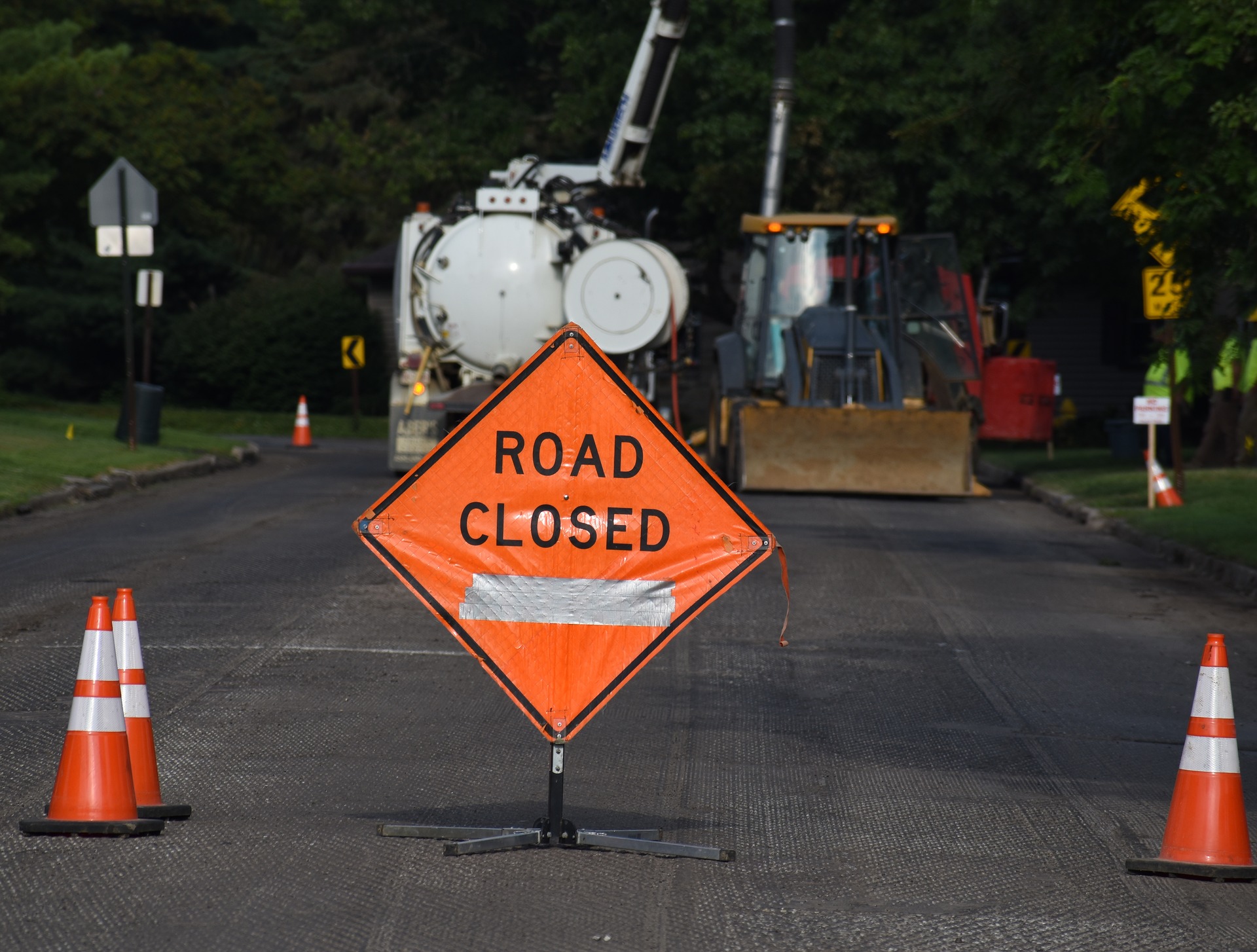When do you use the colon?
 Many writers think the colon is such a confusing piece of punctuation that they simply avoid it altogether, but it can be fun to use a colon every now and then. Plus, the colon can add some important variety and excitement to your writing. So why not review this list of uses for the colon and give it a try?
Many writers think the colon is such a confusing piece of punctuation that they simply avoid it altogether, but it can be fun to use a colon every now and then. Plus, the colon can add some important variety and excitement to your writing. So why not review this list of uses for the colon and give it a try?
In most cases, essentially, a colon signals “anticipation”—the reader knows that what follows the colon will define, illustrate, or explain what preceded it. This is certainly the case in the colon’s first three uses, as described below:
- Use a colon to separate two independent clauses (complete thoughts) when you want to emphasize the second independent clause.
- Use a colon to separate an independent clause from a list that follows the independent clause.
- Use a colon to separate an independent clause from an appositive (a noun or noun phrase that renames or identifies a noun or noun phrase right next to it) that follows the independent clause.
- You should also use a colon at the end of a formal, business letter greeting.
- And, of course, you should use a colon to separate the hour from the minutes when writing numerical time.
